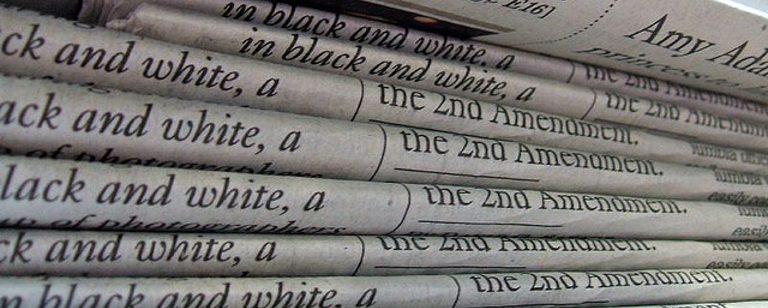One of the world’s largest and most powerful media dynasties threatens to unravel after a scandal that has veered from high to low drama and back again. The scandal may well permanently reshape the media landscape in the UK, where phone hacking may have been more widespread than previously reported, and where senior government and police figures find themselves compromised. Meanwhile, sections of the US media will be carefully monitoring the progress of an FBI investigation into allegations of hacking into the phones of 9/11 victims and their families, while rumours persist of a ‘black ops’ room at Fox News.
Just as Australia was shielded from the worst of the global financial crisis, so too do the worst excesses of the British phone-hacking scandal seem to have bypassed us, if only by dint of our relative smallness. Some would wish it were not so: amid calls for media inquiries and privacy-protection legislation, it seems the local media configuration may not be left unexamined.
Join a panel of leading media commentators and analysts as the process of teasing out the implications of Hackgate begins in earnest. We’ll take a look at what the phone-hacking scandal means for the media locally and abroad.
Featuring
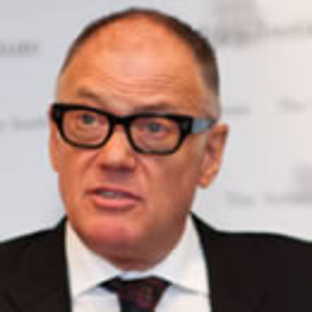
Richard Ackland
Richard Ackland is a journalist, editor and solicitor with a track record of more than 30 years in journalism and publishing.
Richard’s early career was spent in the print media, specialising in finance. He was Canberra correspondent for the Australian Financial Review in the 70s. He went on to host ‘Late Night Live’ on ABC Radio National and later still hosted the network’s breakfast program ‘Daybreak’. In 1999 Richard won a Gold Walkley for his work as writer and presenter of ABC TV’s ‘Media Watch’, exposing the underbelly of commercial radio in a story that came to be known as the ‘Cash for Comments’ story.
Richard founded Law Press of Australia, which publishes the respected journals Justinian and the Gazette of Law and Journalism. He has been admitted as a solicitor of the Supreme Court of New South Wales and has degrees in Economics and Law.
Richard’s image courtesy the Sydney Institute.
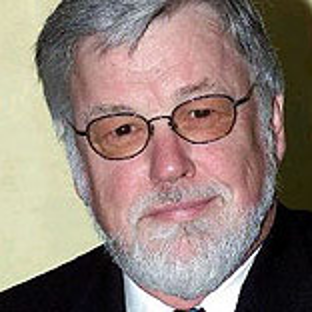
Mark Day
Mark Day is a veteran journalist and commentator on media matters for The Australia.
Mark’s career began in 1960 at the Adelaide News, later covering state and federal politics. He was a News Limited foreign correspondent in New York in the late 1960s and on his return edited the Sunday Mail in Adelaide and assistant editor, then editor, of the Daily Mirror in Sydney from 1972. In 1977 Mark was appointed The Australian’s first publisher and later, editor-in-chief.
After stints as founding editor of Australian Playboy and later Australian Penthouse magazines, he became a newspaper and radio proprietor, radio host and television presenter. A director of the Australian Republican Movement from 1990, Mark published the book Pulse of the Nation in 1999. Since that year he’s written on the media for The Australian.
Mark’s picture is supplied courtesy of The Australian.
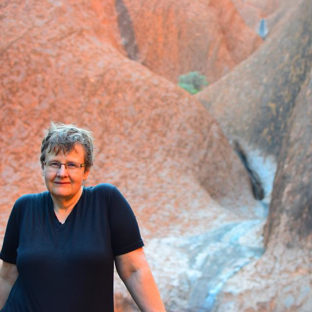
Margaret Simons
Margaret Simons is Associate Professor in the School of Media, Film and Journalism, Monash University. In 2015, she won the Walkley Award for Social Equity Journalism. Her recent books include Six Square Metres, Self-Made Man: The Kerry Stokes Story, What's Next in Journalism?, Journalism at the Crossroads and Malcolm Fraser: The Political Memoirs, co-written with former Prime Minister of Australia Malcolm Fraser. The latter won both the Book of the Year and the Douglas Stewart Prize for Non-Fiction at the NSW Premier's Literary Awards 2011.
In addition to her academic work, Margaret regularly writes for the Saturday Paper, the Age, the Sydney Morning Herald, Griffith Review, the Monthly and other publications.
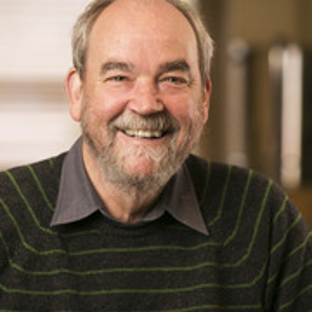
Rod Tiffen
Rodney Tiffen is Emeritus Professor in Government and International Relations at the University of Sydney. His most recent book is Rupert Murdoch. A Reassessment (2014). He is co-author, with Ross Gittins, of How Australia Compares.
Rod’s teaching and research interests are in the mass media, Australian politics, comparative democratic politics, democratisation and Australian relations with Asia. He is also author of Diplomatic Deceits: Government, Media and East Timor; Scandals: Media, Politics and Corruption in Contemporary Australia; News and Power; The News from Southeast Asia8; and numerous articles on mass media and Australian politics. He is editor of Mayer on the Media: Selected Essays on Australian Media, and co-editor of Australia’s Gulf War*.
Rod acted as an observer of South Africa’s media during that country’s first democratic election, and has worked on the Australian Broadcasting Corporation’s review of Radio Australia. He currently holds an Australian Research Council Discovery Grant to analyse changes in the Australian press’s political reporting over the last 50 years.
